What we do in the Middle East, Eastern and Southern Africa Region
Learn more about Plan International’s key technical areas of work in the Region of the Middle East, Eastern and Southern Africa.
Our key technical areas of work
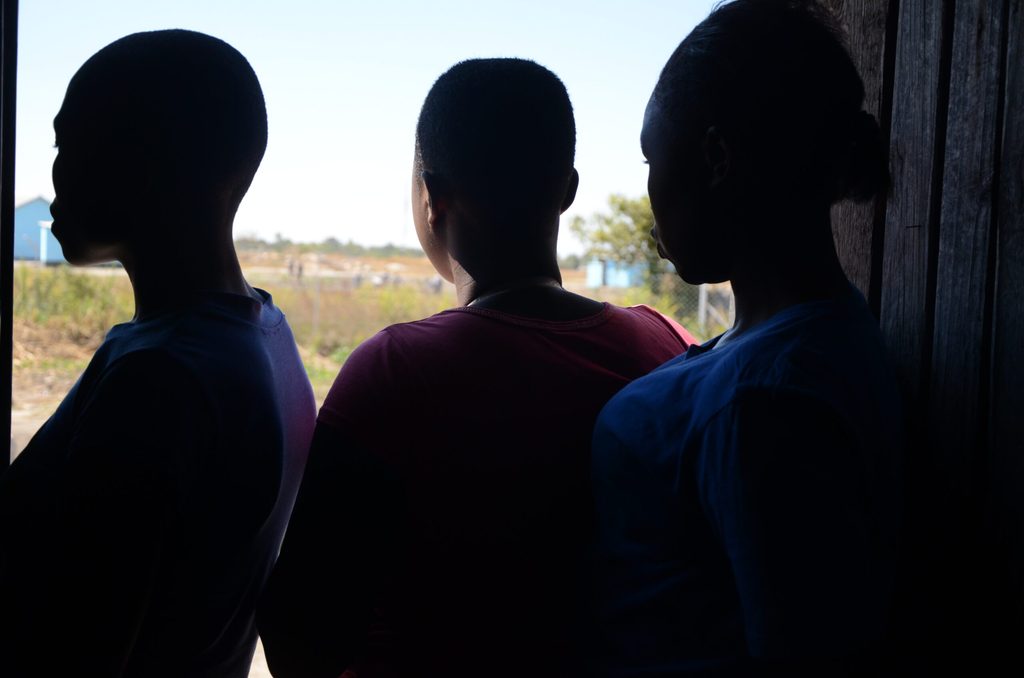
Protection from violence
Our goal is to ensure girls, boys, and adolescents can live in environments free from harmful practices, have the knowledge and skills to identify situations of violence, and duty bearers recognise and act against violence towards children and adolescents.
Sexual and reproductive health and rights
Our goal is to ensure children, adolescents and young people in all their diversity have control of their lives and bodies, and can make decisions about their sexuality, free from discrimination, coercion or violence.
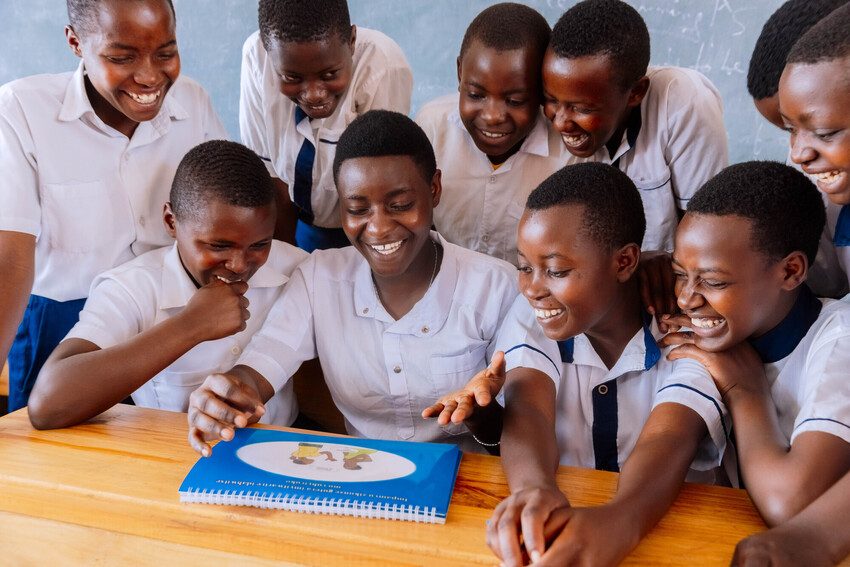
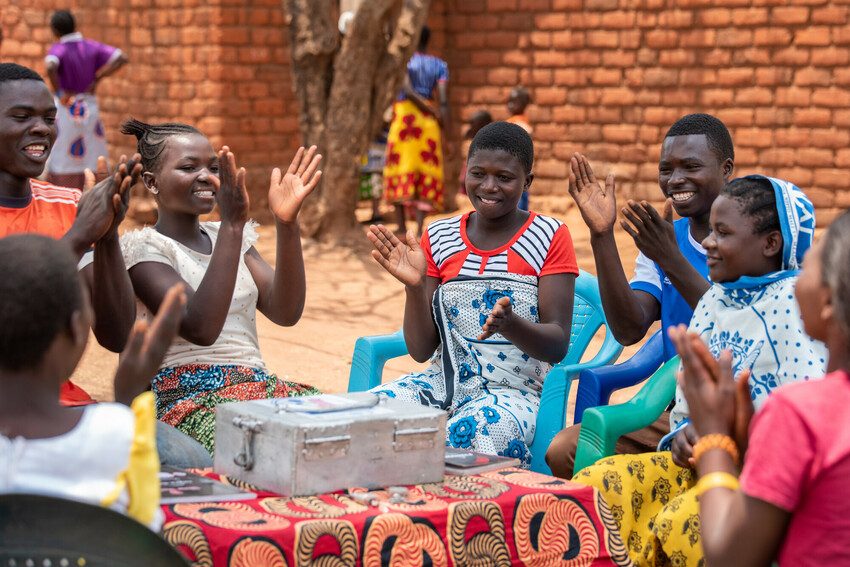
Skills and opportunities for youth employment and empowerment
Our goal is to ensure that young people are resilient and are actively engaged in decent work of their choosing, be it waged or self-employed.
Inclusive quality education
Our goal is to ensure vulnerable and excluded children access and complete inclusive quality education from pre-primary to secondary level.
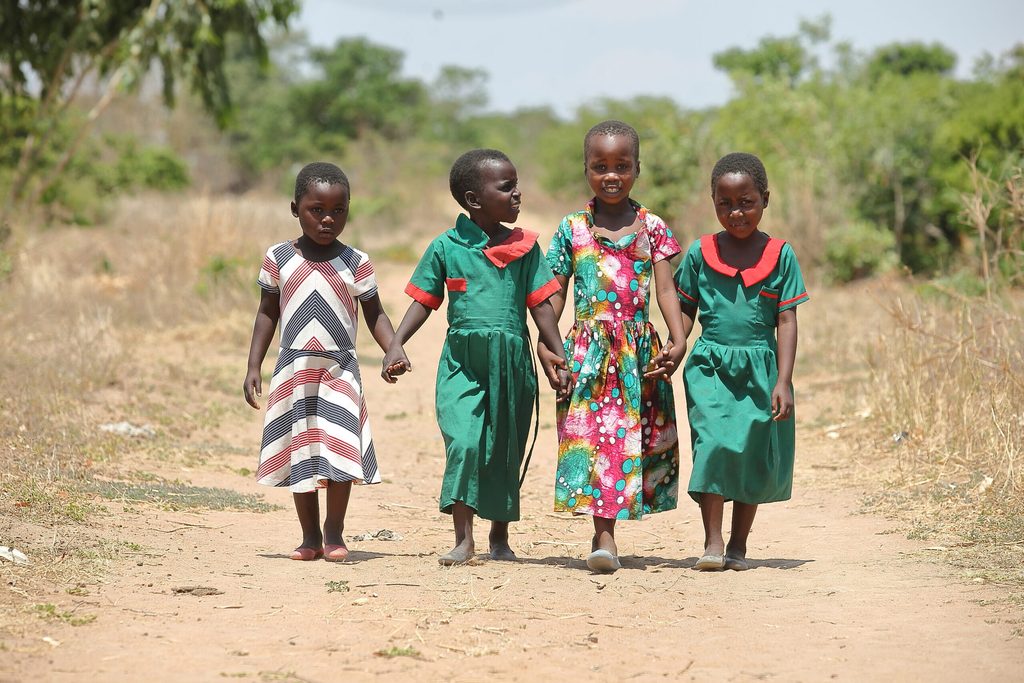
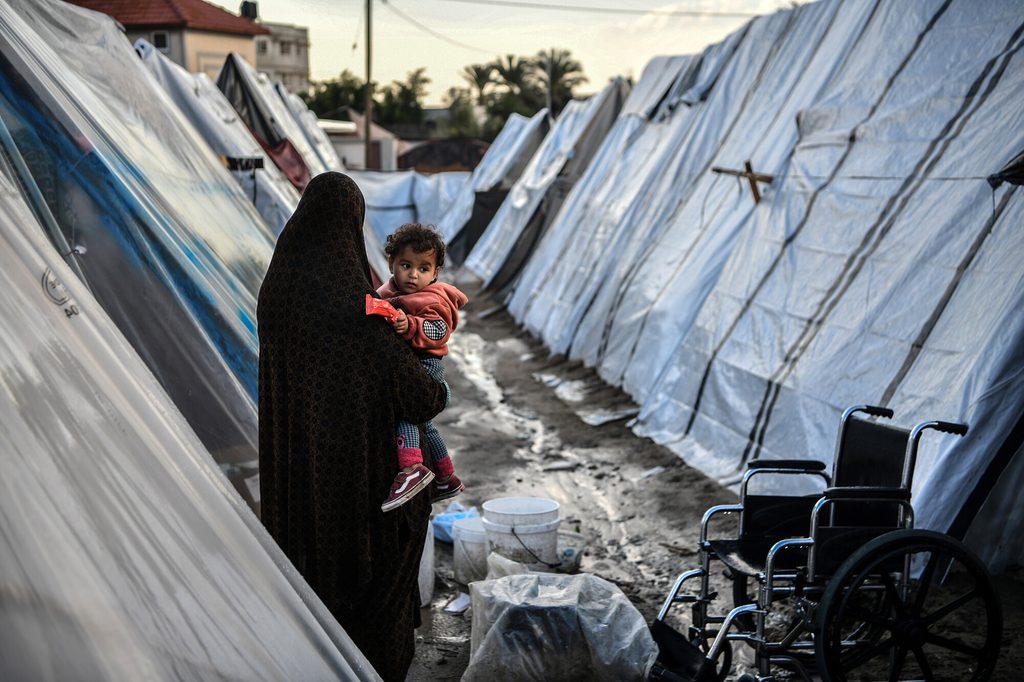
Humanitarian response
Our goal is to respond to the needs of adolescent girls – who are among the most at risk when disasters strike – and work with communities and local volunteers to strengthen their resilience and dignity before, during and after crises.
Our cross-cutting interventions
We pursue a holistic approach, ensuring integration of priorities such as water, sanitation and hygiene, gender and inclusion, climate resilience and youth centredness within all programming in the region to build sustainable interventions and results.
Water, Sanitation and Hygiene (WASH) is fundamentally linked to issues of gender equality, including women’s and girls’ empowerment.
It is increasingly recognised within the international development and humanitarian sectors that access to WASH services not only improves the daily lives of women, girls, men and boys, but also that WASH programmes can be delivered in a manner that addresses the root causes of inequitable power relations.
Through this systemic approach, an environment can be created that empowers girls and allows all children and their families an opportunity for a healthier and more equitable life.
We confront and challenge discrimination and human rights violations based on gender, including gender-based violence and other forms of exclusion.
We also challenge stereotyping and unequal power relations between women, men, boys, and girls to promote gender equality, girls’ rights, and inclusion.
Youth centredness is our organisational approach towards greater levels of collaboration with young people, which will be achieved by:
- Meaningful youth engagement across all areas of our work.
- An internal transformation already underway to adapt our procedures, ways of working and culture towards being youth centred.
- A gradual but conscious shift towards increasing decision-making and shared power and resourcing to young people and their movements.
We recognise that the climate crisis is an intergenerational and gender injustice.
Children around the world are taking collective action to advance climate justice. We work with children and their communities to reduce climate risks, adapt to climate change and strengthen resilience. We support their meaningful participation in decision making and leading climate action in their communities.